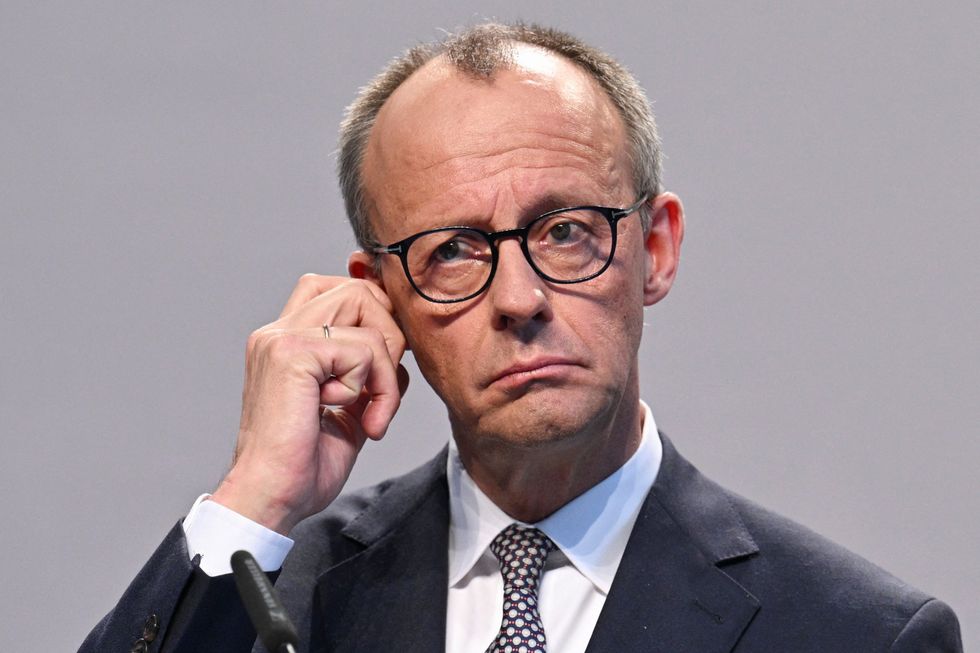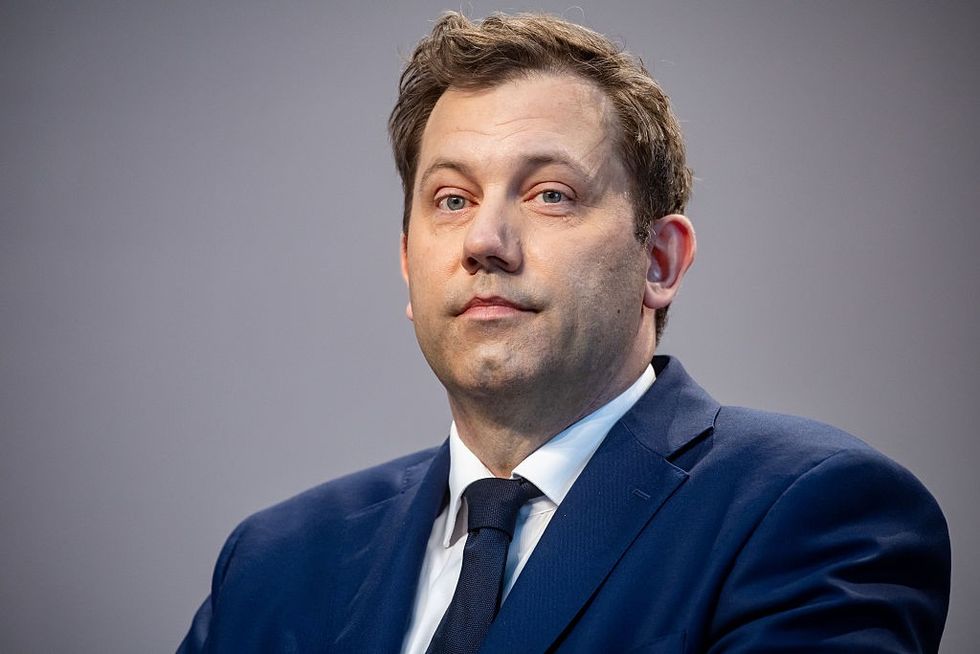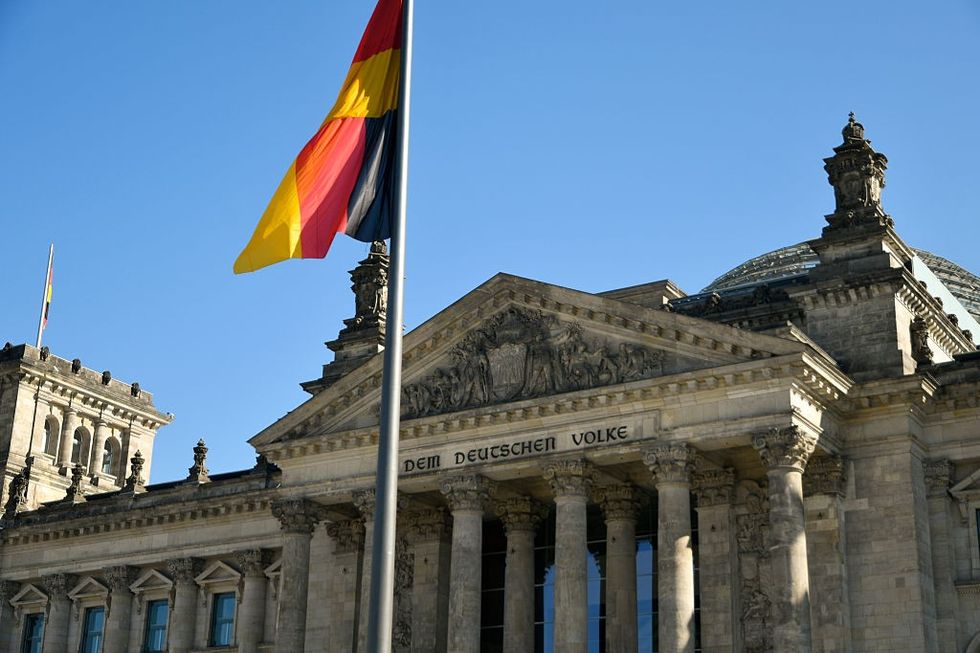WATCH: Andrew Hummell gives his prediction on which parties in Germany will form a coalition
GB News
An Ipsos poll put the AfD party in the lead for the first time
Don't Miss
Most Read
Trending on GB News
Germany has announced it will turn away asylum seekers at its borders as part of a raft of new measures to curb illegal migration.
The policy was agreed by the nation's incoming coalition government of conservatives and centre-left Social Democrats.
Under the new rules, asylum seekers will be refused entry at Germany's land borders.
The move comes as Germany's incoming chancellor, Friedrich Merz, promised a "repatriation offensive" against illegal immigrants, with a coalition deal being finalised earlier this week.

Germany's chancellor-in-waiting and leader of the Christian Democratic Union party (CDU) Friedrich Merz l
Reuters
Merz said: "Germany will suspend family reunifications for many migrants, designate more 'safe countries of origin', and launch a return offensive for rejected asylum seekers."
In a highly significant move, he confirmed the country will also start turning people back at its borders - in coordination with neighbouring states.
Berlin appears poised to act swiftly under the broad-ranging deal that still requires final approval by party members. The coalition will also roll back parts of Germany's recent citizenship law reform.
The policy of 'turbo-naturalisation' - which allows migrants to gain citizenship after just three years of stay - will be abolished.
LATEST DEVELOPMENTS
 People gather at an election campaign rally of Alternative for Germany (AfD) party ahead of the Thuringia state electionsReuters
People gather at an election campaign rally of Alternative for Germany (AfD) party ahead of the Thuringia state electionsReutersThe tougher stance on migration explicitly moves Germany away from a more liberal policy under Merz's conservative predecessor Angela Merkel during the 2015 European migrant crisis.
With the hard-right Alternative for Germany (AfD) breathing down its neck, the coalition has signalled a tougher stance on migration.
Before Merz can take the helm, the coalition deal needs approval in a ballot of the Social Democrats' membership and by a convention on April 28 of Merz's Christian Democratic Union party.
Once those hurdles are cleared, the lower house of parliament - in which the allies have 328 of the 630 seats - can elect him as Chancellor.

Head of the SPD Lars Klingbei
Getty
The CDU is set to take charge of economy and foreign ministries as well as the chancellery, while the SPD would run finance and defence. This puts SPD leader Lars Klingbeil in line to become finance minister.
Merz said the deal is "a very strong and clear signal to the people of our country, and also a clear signal to our partners in the European Union: Germany is getting a government that is capable of acting and will act strongly."
Alongside the new migration strategy, Merz aims to revitalise the EU's largest economy.
He plans to incentivise investment, reduce the size of the federal administration, and slash taxes on electricity and corporate profits.

General view of Reichstag Building
Getty
He also committed to meeting Nato's defence spending target, promising to strengthen Germany's commitment to its allies. The timing of Germany's migration crackdown comes amid escalating global trade tensions.
During a news conference, Merz directed a message to the White House in English: "The key message to Donald Trump is Germany is back on track."
Hours later, Trump announced a 90-day pause to tariffs, which Merz claimed as a success for Europe's united approach. "This example shows you: unity helps," he told RTL television.
A survey by Ipsos showed the AfD topping polls for the first time with 25 per cent, overtaking Merz's conservatives who slipped to 24 per cent.








